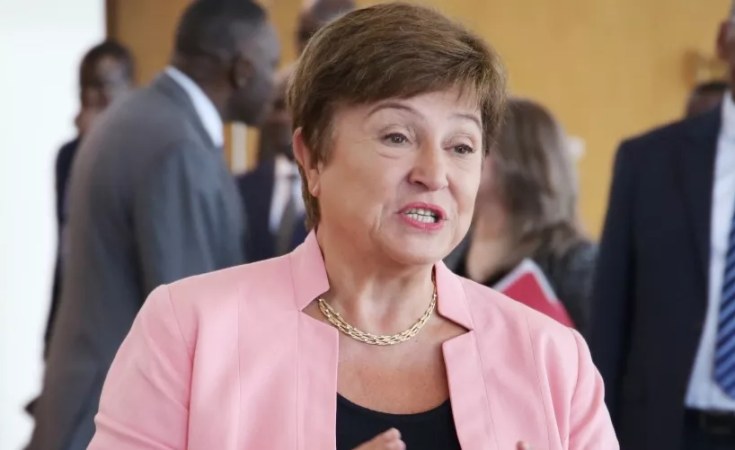Kristalina Georgieva, Managing Director of the International Monetary Fund (IMF) has warned debt distress for low-income countries has gone up significantly.
She said during a roundtable discussion with East African finance ministers and Central Bank Governors about the newly established IMF's Resilience and Sustainability Trust (RST), on January 25.
Georgieva said that servicing debt is becoming 'more painful' for low-income countries because the interest rates are going up given the current economic environment.
"I am saying this fully aware that we are in a difficult moment. We don't see a global debt crisis at this point but we do see the risk of countries one after another falling off the debt Cliff," she noted.
She highlighted the need for mechanisms to prevent the lack of resolution of debt cases under consideration for special treatment and for less threatened countries to give room for the vulnerable ones.
Since the Covid-19 pandemic broke down, the IMF advocated for a debt service suspension initiative at different levels of loan channelling.
When it comes to Rwanda, Georgieva recently told The New Times that despite the rapid increase in debts over the recent years -just like other countries -the risk of debt distress remains moderate.
This, according to her, is because Rwanda's debt is on generous terms, with low, or zero interest rates and long repayment periods.
"Rwanda is going through a transformation that requires large investments to meet its development needs. And that requires managing public resources effectively," she said.
The finance minister, Uzziel Ndagijimana, is of the view that despite the continued pressures from the Covid-19 pandemic and the Russia-Ukraine war which in some cases push for extra borrowing, "it is done in a careful manner that does not surpass the country's ability to pay back."
Georgieva recommended that continuing savvy debt management and appropriate economic policies will be crucial to ensuring that Rwanda's debt remains manageable in the future.


